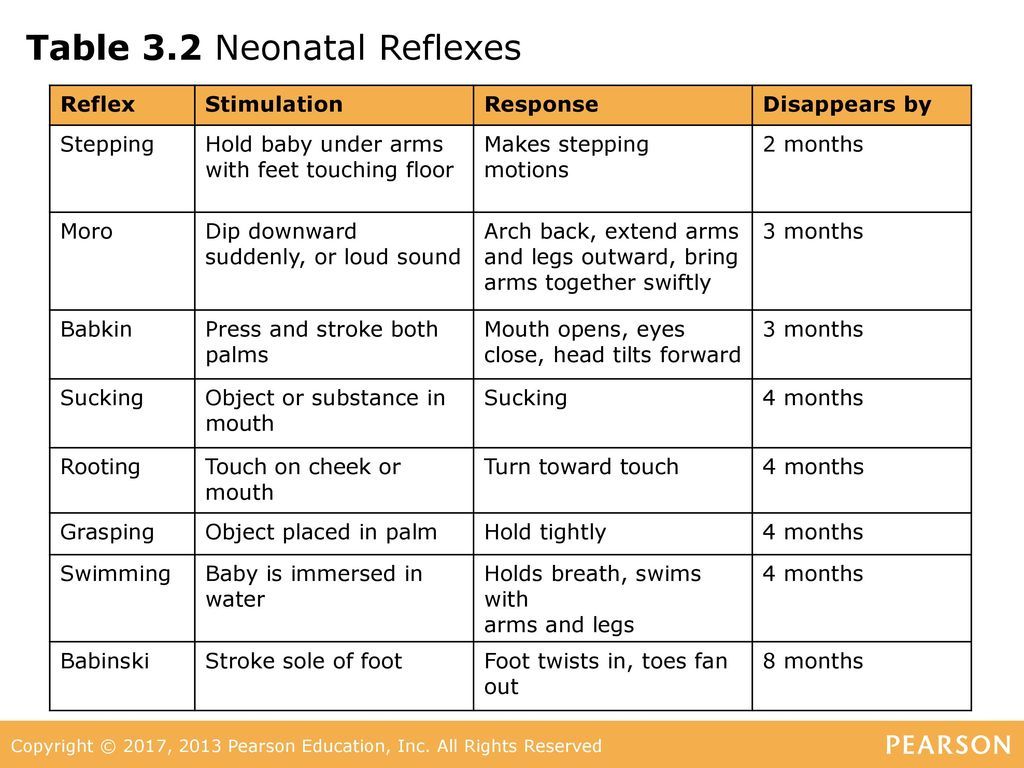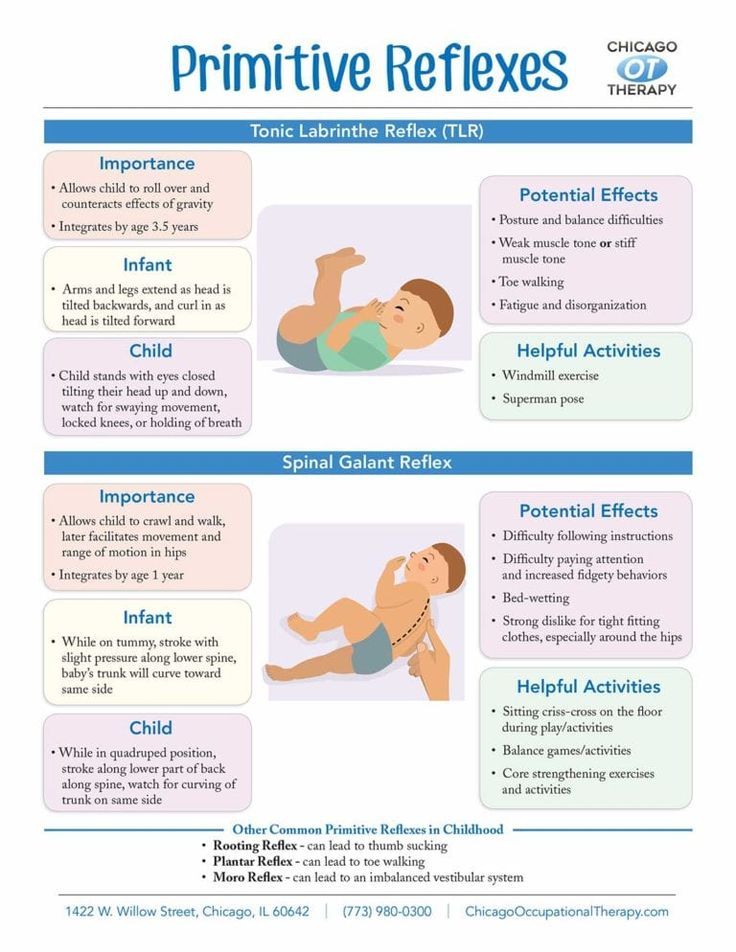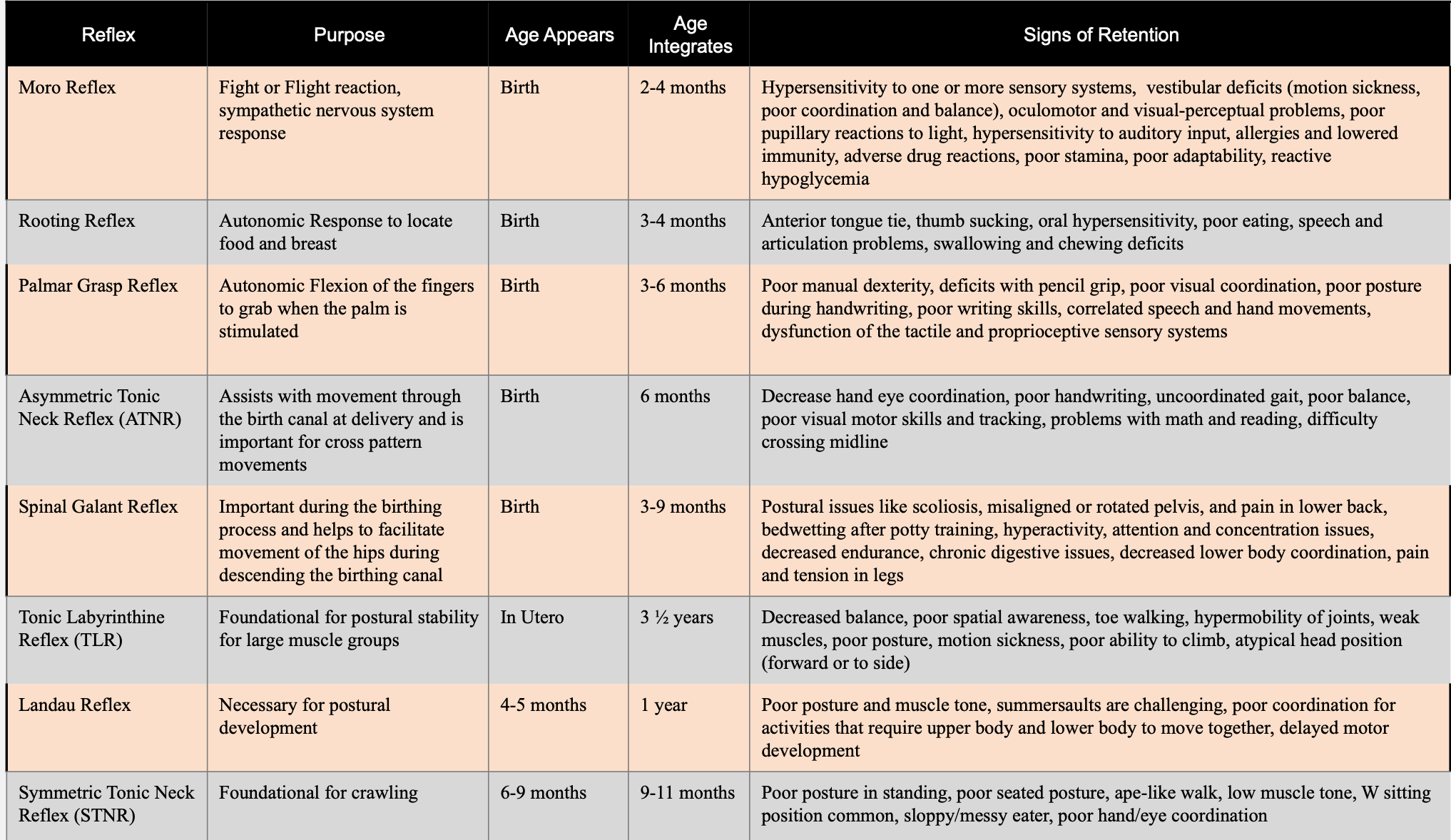[foxdark]
[2 Month Old Baby Reflexes: What To Expect And When To Worry]

Executive Summary

Your little one is growing and changing at an astonishing pace, and their reflexes are a window into their developing nervous system. This guide will explore the typical reflexes you can expect to see in a 2-month-old baby, delve into the fascinating reasons behind them, and help you understand when those reflexes might signal a need for concern.

Introduction
Watching your 2-month-old baby is a mesmerizing experience. They’re discovering the world with their senses, and their little bodies are full of unexpected movements. One of the most fascinating aspects of this stage is the presence of reflexes, involuntary movements that are crucial for their development. While most of these reflexes are temporary, understanding them can offer valuable insights into your baby’s well-being and neurological progress.
What are the most common reflexes in a 2-month-old?
- Moro Reflex: This reflex, also known as the “startle reflex,” is a classic baby behavior. When a baby is startled by a sudden noise or movement, they will throw their arms out, extend their fingers, and arch their back. This reflex is thought to be a remnant of our primate ancestors, helping them cling to their mothers.
- Grasp Reflex: Your baby’s strong grip is evident in the grasp reflex. If you gently touch their palm, they will automatically close their fingers around your finger. This reflex helps them develop their fine motor skills.
- Stepping Reflex: Though your baby can’t walk yet, they still exhibit the stepping reflex. When held upright with their feet touching a surface, they will appear to take steps. This reflex helps to strengthen their legs and prepare them for walking.
- Rooting Reflex: This reflex is essential for feeding. When you stroke your baby’s cheek, they will turn their head toward the touch and open their mouth. This helps them find the nipple for breastfeeding.
- Sucking Reflex: The sucking reflex is present from birth. When something touches their mouth, they will automatically start sucking. This reflex is vital for feeding and provides comfort.
What if my baby’s reflexes are weak or absent?
While most reflexes are normal, it’s crucial to be aware of potential issues. If your baby’s reflexes are weak or absent, it could be a sign of a neurological problem. Consult your pediatrician if you notice any of the following:
- Asymmetry: If your baby’s reflexes are stronger on one side of their body than the other, this could be a concern.
- Persistence: Some reflexes should fade as your baby grows. If they persist beyond the expected age, this could indicate a developmental delay.
- Absence: If your baby doesn’t display certain reflexes at all, it’s essential to seek professional guidance.
When should these reflexes disappear?
Most reflexes fade gradually as your baby’s nervous system matures. However, the timeline can vary from child to child.
- Moro Reflex: This reflex typically starts to fade around 3-4 months and disappears completely by 6 months.
- Grasp Reflex: This reflex usually disappears around 4-6 months.
- Stepping Reflex: This reflex usually fades by 2-3 months, although some babies may continue to exhibit it for a few months longer.
- Rooting Reflex: This reflex begins to weaken around 3-4 months and typically disappears by 4-6 months.
- Sucking Reflex: This reflex persists throughout infancy and even into toddlerhood, but it becomes more purposeful and controlled.
What can I do to help my baby’s reflexes develop?
While you can’t actively “train” your baby’s reflexes, you can create a stimulating environment that supports their neurological development.
- Tummy time: Encourage your baby to spend time on their tummy. This helps strengthen their neck and back muscles, which are essential for controlling movements.
- Playtime: Engage your baby in interactive play that stimulates their senses. Toys that make sounds, have different textures, and encourage reaching and grasping are beneficial.
- Massage: Gentle massage can help relax your baby and promote their physical development.
- Early Intervention: If your pediatrician has concerns about your baby’s reflexes, don’t hesitate to seek early intervention services. These programs can provide specialized therapy and support to help your baby reach their full potential.
What are the reasons behind baby reflexes?
These seemingly automatic movements aren’t random. They play a crucial role in your baby’s development, both physically and neurologically.
- Survival: Some reflexes, like the rooting and sucking reflexes, are essential for feeding and survival.
- Neurological Development: These reflexes provide valuable insights into the health and maturity of your baby’s central nervous system. They are a sign that the connections between the brain and muscles are developing.
- Preparation for Motor Skills: Many reflexes, like the grasp and stepping reflexes, lay the foundation for more complex motor skills like grasping objects and walking.
What are some other developmental milestones to watch for in a 2-month-old?
Your baby is growing and learning so much at this age! Keep an eye out for these developmental milestones:
- Cooing and Gurgling: Your baby is likely starting to make more vocalizations, including coos, gurgles, and even some vowel sounds.
- Smiling: Your baby’s smile is probably becoming more frequent and intentional, and they may even smile back at you.
- Following Objects: Your baby is becoming better at following objects with their eyes, especially bright colors and moving toys.
- Reaching and Grasping: Your baby may start reaching for toys and objects, although they may not be able to grasp them yet.
- Rolling: Some babies may start to roll from their back to their side around this age, although this isn’t a concern if they haven’t achieved this milestone yet.
Conclusion
Your 2-month-old baby’s reflexes are a captivating glimpse into their developing world. By understanding these reflexes, you can gain valuable insights into your baby’s health and neurological development. While most reflexes are normal, it’s essential to be aware of potential issues and seek professional guidance if you notice any concerns. Remember, every baby develops at their own pace, and enjoying this special time with your little one is paramount.
Keyword Tags:
- Baby Reflexes
- 2 Month Old Development
- Infant Reflexes
- Neurological Development
- Baby Milestones